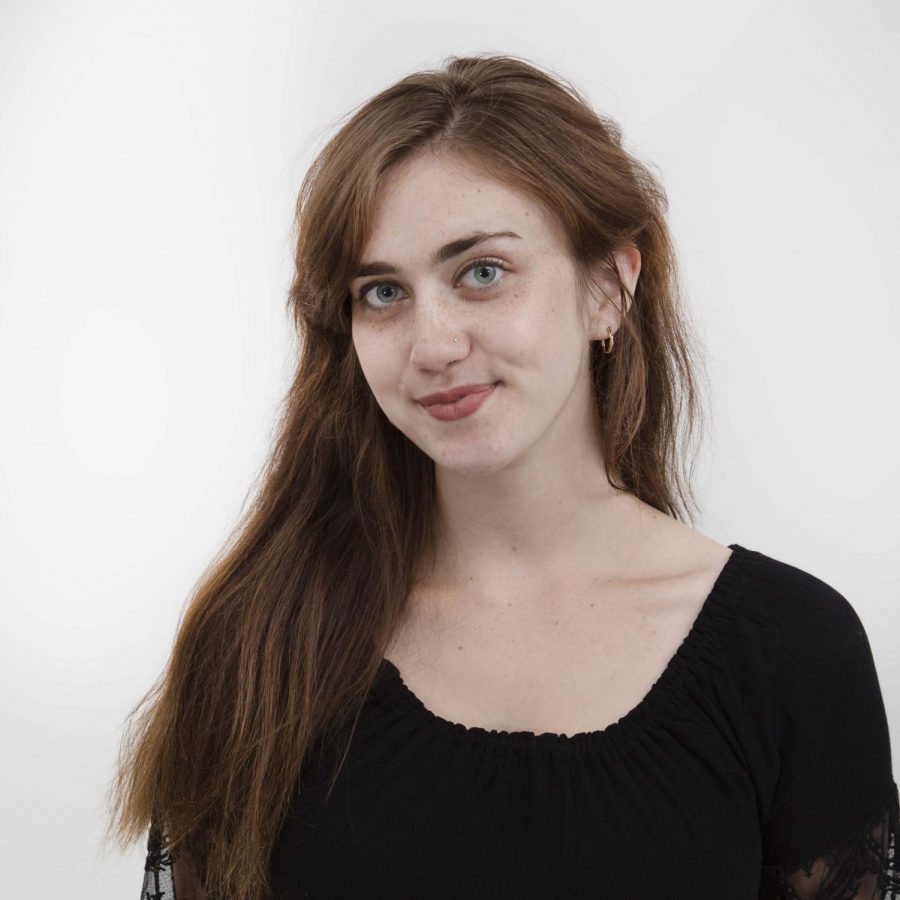Miss Minnesota loses crown, wins with empowerment
December 5, 2016
The Miss Minnesota USA pageant made history during the Nov. 26–27 contest when the first Hijabi woman competed for the crown. Halima Aden, a 19-year-old from St. Cloud, did not win the competition but accomplished something more rewarding: She inspired Muslim women across the country and embodied changing beauty standards.
Aden, who was a refugee in Kenya until the age of six when she moved to the U.S., wore not only a hijab during the contest but strutted across the stage in a burkini for the swimsuit portion.
In a Nov. 28 interview with CBS News, Aden said she wanted to use the platform of Miss Minnesota USA to challenge misconceptions about Islam and Muslims.
“For a really long time, I thought being different was a negative thing,” Aden told CBS News. “But as I grew older, I started to realize we are all born to stand out. Nobody is born to blend in. How boring would this world be if everyone was the same?”
Wearing a hijab and burkini in an American beauty pageant may be overlooked or even criticized by some, but it is a monumental step for young hijabi women who should be represented in mainstream media.
Other parts of the modeling industry have begun to expand traditional views of beauty in the U.S. H&M, the world’s second largest global retailer, launched its September 2015 campaign with its first female Muslim model Mariah Idrissi, a London resident. In a Sep. 27, 2015 article by the Daily Mail U.K., Idrissi said many Muslim women feel ignored in the fashion world.
As women like Aden and Idrissi open doors for hijabi women in the U.S. and around to world to accept their beauty and themselves, insistence that these women “fit in” continues.
In a Nov. 29 NPR interview, Aden said one of the main criticisms she faced competing in the pageant was that the rules of the pageant, like the rules of the bikini portion where she wore a burkini, should not change to accommodate her.
Similarly, Idrissi said devout Muslim women face issues breaking into the modeling industry, especially runway work, because of the established behavior for runway shows: men helping women change and women walking around backstage without being fully clothed, according to a Jan. 6 article from The Telegraph.
The worn-out standards of beauty should be more diverse. White, thin women are not realistic models. Although the fashion world is starting to make progress, rules that confine women like Idrissi and Aden are made to be broken. Aden and Idrissi are influential for being unapologetically themselves, and women around the world should follow that lead to break the rules and succeed in the industries that excite them.








